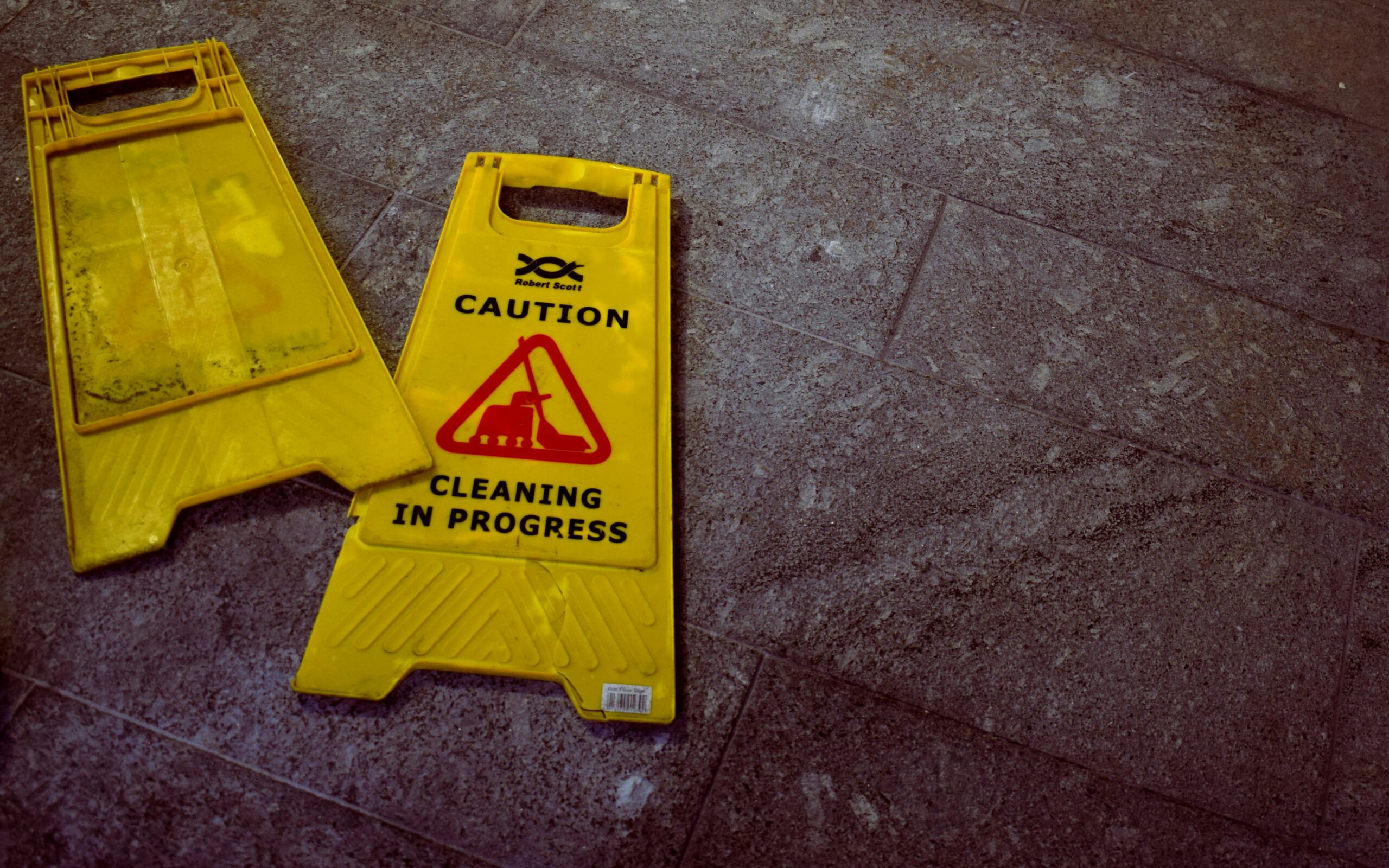Managing your own risk is often hard enough. So why should you also be responsible for the actions that someone else delivers on your behalf? After all, you have no control over what they do and how they do it.
That’s why you need to ensure that any contractors you engage have adequate insurance in place – and, crucially, that you record this information. We have just the tools to help…
RiskBox’s two tools
Questionnaire
The first tool is a simple questionnaire that you can send to your contractor to complete and return. It asks for basic information about their own liability insurance, including limits, insurers and policy numbers.
It’s a simple Word document that can be completed electronically and sent back to you as an attachment.
Log
The second tool is a spreadsheet that records the information gathered in the questionnaire. It’s split into three sheets: a current register, an archive register, and guidance notes with our top tips.
It gives you quick and easy access to insurer information should you need it.
Why the tools are useful
Prevents your own insurance from being invalidated
Insurance policies sometimes require your contractors to hold certain levels of insurance. It’s quite common for insurers to include a clause under the Public Liability section, for example, stipulating that any subcontractor needs to hold a specific amount of insurance for cover to apply.
By getting this information, you can be sure that you don’t invalidate your policy.
Acts as an indicator of contractor quality
Insured contractors are arguably more professional. Having consciously protected themselves, they’re consequently less likely to get themselves in financial difficulty if something unfortunate happens. If a contractor doesn’t have insurance, you have to question the quality of clients they’ve worked for in the past – and therefore their own competence.
Using these tools is a good way of vetting your contractors and determining their own quality.
Identifies contractors in a crisis
When something does go seriously wrong, it can often be hard to pin down the contractor. This is not necessarily due to anything untoward, but generally because they could be too busy dealing with the crisis.
Having the log in particular gives you a degree of certainty, and also enables you to remove some of the stress from the contractor as you can directly notify the insurer of the incident.
Saves time and stress
In a similar vein, using these tools reduces the likelihood that you would be required to deal with a claim yourself. Instead, it can be passed on to the correct contractor or insurer straight away.
The result? Less time and hassle on your behalf.
Protects your claims experience
If the contractor had no insurance, then the claim would likely be made under your own. Say you’re a marketing agency, for example. You engage a freelancer to produce some branding. The freelancer doesn’t carry out full checks and it turns out the branding mirrors something that already exists, leading to litigation. As the freelancer was not insured, it is you who’s on the hook.
Likewise, if the contractor has insurance but became tough to trace, your own policy may have to deal with it initially. Your insurers would then go after the contractor’s insurance in order to recover the money.
In both instances, this could leave a claim on your policy, potentially inflating your premiums.
Avoids uninsured risks
Sometimes, the services that a contractor provides may be outside the scope of your insurance. For example, if you’re a film production company and the contractor is a pyrotechnics company, your insurance is unlikely to provide cover for wayward fireworks burning down the building next door.
In this case, it becomes vital that the contractor is properly insured.
How to use the tools
Send the questionnaire to all contractors and freelancers that you use, and get them to complete and return the forms. If the contractor is unsure on the detail, they can always ask their insurer or broker to complete and return the form instead.
Once received, you simply record and store the details on the log. This contains guidance on suitable limits, which you can cross-refer with the supplied information.
This spreadsheet details the renewal dates too, so it has the added benefit of enabling a simple diary system in order to obtain up-to-date information each year. We’d suggest getting in touch with logged contractors about a month before renewal, and asking for the update. This way, once the new details have been received, the old details can be moved to the archive sheet.
RiskBox does not need to see these details, and there is no need to share them with any other party other than insurers in the event of a claim.
What happens if the contractor has no insurance
We’d recommend making it mandatory that all contractors have relevant insurance in place to reflect the work they carry out for you. This will require you to make two considerations:
- Consider what they do – For example, if the contractor is providing a service (e.g. copy for a marketing campaign) for a fee, then they should have Professional Indemnity insurance
- Consider the size of the work they’ll undertake – If the contract is small, then be reasonable in your request for the level of cover.
If one of your contractors is struggling to obtain the insurance or needs help, then you can always refer them to RiskBox.
Start using our tools today
The risks are simply too great not to spend a few minutes each year gathering the correct insurance information for your contractors. From poor quality of work to higher premiums, it really does pay to be organised.
If you’d like a copy of our questionnaire and log templates, contact us via email at info@riskboxuk.com.
If you’re a current client of ours, you should receive copies of our tools automatically. Please get in touch if you do not receive them for whatever reason.
Photo by Cytonn Photography on Unsplash




